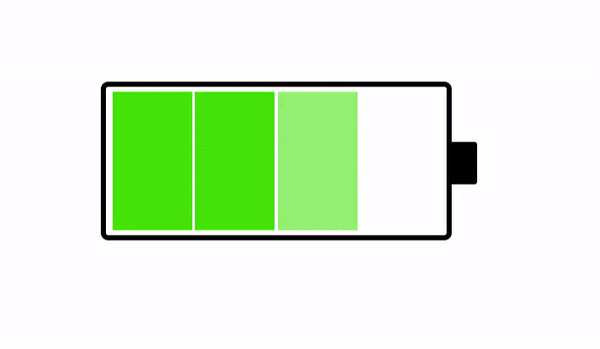A minbak refers to a type of lodging establishment that uses residential houses rather than lodging properties. In Korea, it is a general term that includes both rural minbak and urban minbak. However, operating a lodging business using houses is neither a new phenomenon nor unique to Korea.
As early as the 1st century BC, ‘hospitia’ were lodging establishments that rented out spare rooms in houses along the roads of ancient Rome to travelers. This means that the earliest form of the lodging establishment was minbak. As the number of guests increased, hospitia evolved into ‘caupona,’ dedicated lodging establishments that provided meals to guests.
In Europe, lodging businesses using residential houses are widespread, forming the largest minbak market globally. However, the form and names of the facilities vary significantly by country. Various types of buildings classified as residential houses, such as holiday villas, cottages, rental apartments, condominiums, townhomes, and single-family homes, are used. The most widely used term to collectively refer to these in the US is ‘vacation rental,’ while ‘holiday villa’ is used in the UK and ‘gite’ in France. Renting by the week is common, but there are also daily rentals similar to hotels.
In Japan, the ‘Minpaku Law ,’ implemented in 2017, regulates lodging businesses using residential houses. The Minpaku Law was enacted to promote healthy minbak services by providing guidelines for safety and hygiene management, noise and waste disposal, and resolving disputes with nearby residents in response to the rapid increase in minbak. According to the Minpaku Law, minbak businesses are those where non-licensed individuals allow people to stay in their houses for a fee, with a restriction that the total number of lodging days should not exceed 180 days per year. The Minpaku Law mainly outlines the obligations of minbak operators, minbak management companies, and minbak intermediaries.
- Minbak Operators: If the operator resides in the house, they are directly responsible for ensuring hygiene, explaining noise prevention to guests, responding to complaints from nearby residents, maintaining a guest ledger, and posting signs. If the operator does not reside in the house, these responsibilities must be entrusted to a registered minbak management company.
- Minbak Management Companies: Companies registered with the Minister of Land, Infrastructure, Transport, and Tourism to manage minbak on behalf of operators must carry out responsibilities such as ensuring hygiene, explaining noise prevention to guests, responding to complaints from nearby residents, maintaining a guest ledger, and posting signs.
- Minbak Intermediaries: To engage in booking and other intermediary services for minbak, one must be registered with the Japan Tourism Agency. They must also fulfill responsibilities such as explaining contract details to guests.
